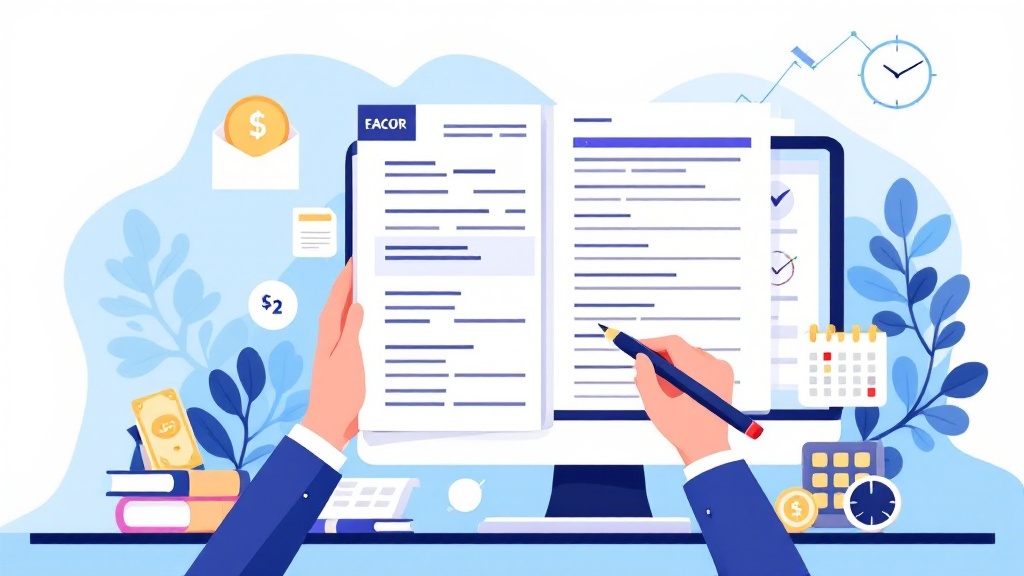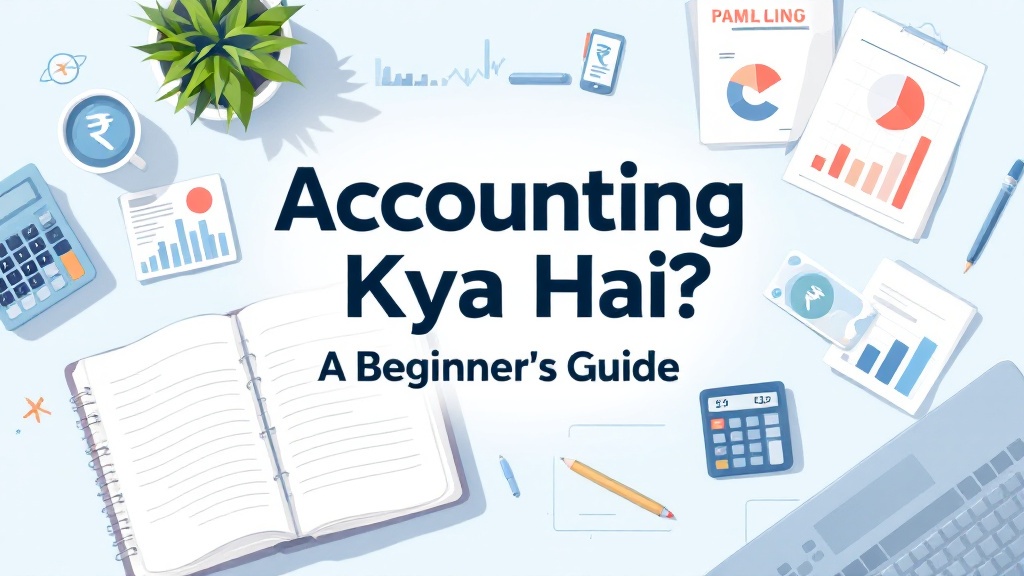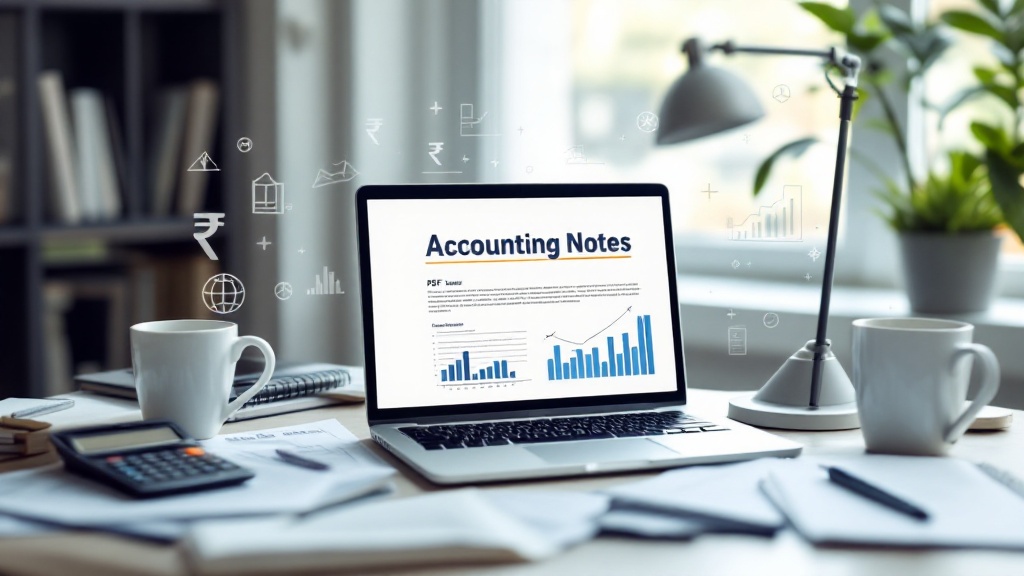Mastering Accounting Practice Questions: A Guide to Sharpen Your Skills
Table of Contents
Most Read
[fusion_dropcap class="fusion-content-tb-dropcap"]I[/fusion_dropcap]ntroduction Accounting is the language of business, and like any language, mastering it requires practice. Whether you’re a student preparing for exams, a professional brushing up on concepts, or someone curious about accounting, practice questions can be your best friend. In this blog post, we’ll explore why accounting practice questions are important, how to approach them effectively, and share a variety of sample questions to help you boost your skills.
Why Practice Questions Matter in Accounting Accounting involves both conceptual understanding and practical application. Here are a few reasons why practicing accounting questions is so beneficial:
- Concept Reinforcement: Regular practice helps reinforce accounting principles such as the accounting equation, double-entry bookkeeping, and matching principle.
- Problem-Solving Skills: Tackling different types of questions enhances your ability to analyze and solve real-world financial problems.
- Exam Preparation: For students, practice questions are essential for understanding question patterns and time management.
- Professional Growth: For practitioners, staying sharp with practice questions can help in staying updated with standards and improving analytical skills.
How to Approach Accounting Practice Questions
To make the most of your practice, follow these tips:
- Understand the Concept First: Before jumping into practice, ensure you understand the theory behind the topic.
- Start Simple, Then Advance: Begin with basic questions and gradually move to complex ones.
- Review Mistakes: Learn from the errors you make to avoid repeating them.
- Use Real-life Scenarios: Try to relate questions to practical business situations.
- Stay Consistent: Regular practice is key to long-term retention.
Key Accounting Topics to Focus On When practicing questions, it’s helpful to focus on major accounting areas such as:
- Journal Entries
- Ledger Posting
- Trial Balance
- Financial Statements (Profit & Loss, Balance Sheet)
- Bank Reconciliation Statement
- Depreciation Methods
- Ratio Analysis
- Cash Flow Statements
- Inventory Valuation
- Tax and Compliance Basics
Sample Accounting Practice Questions Here are some categorized sample questions to help you get started:
1. Basic Journal Entries
- Q: Record the journal entry for purchasing office supplies worth Rs. 5,000 on credit.
- Q: What is the entry when a customer pays Rs. 10,000 in advance?
2. Ledger Posting and Trial Balance
- Q: Post the following entries into ledger accounts: Rent paid Rs. 12,000; Salaries paid Rs. 20,000.
- Q: How do you prepare a trial balance from the given ledger balances?
3. Bank Reconciliation
- Q: Explain the steps involved in preparing a bank reconciliation statement.
- Q: A cheque issued for Rs. 15,000 has not been presented yet. How does this affect your reconciliation?
4. Depreciation
- Q: Calculate depreciation using the straight-line method for a machine worth Rs. 1,00,000 with a useful life of 5 years.
- Q: What’s the difference between straight-line and written down value methods?
5. Financial Statements
- Q: Prepare a basic Profit & Loss Account from the following data: Revenue Rs. 1,50,000; Cost of Goods Sold Rs. 90,000; Salaries Rs. 20,000.
- Q: What does the balance sheet reveal about a company’s financial position?
6. Ratio Analysis
- Q: Calculate the current ratio given: Current Assets Rs. 80,000 and Current Liabilities Rs. 40,000.
- Q: What does a debt-equity ratio of 2:1 indicate?
7. Inventory Valuation
- Q: Describe the FIFO and LIFO methods with examples.
- Q: How does inventory valuation affect net profit?
8. Cash Flow Statements
- Q: Distinguish between cash flow from operating, investing, and financing activities.
- Q: How would the purchase of equipment be reflected in a cash flow statement?
9. Tax and Compliance
- Q: What is TDS and when is it applicable?
- Q: Explain GST Input Tax Credit with an example.
Tips for Self-Assessment and Improvement
- Set Timers: Practice solving questions within a time limit to simulate exam conditions.
- Join Online Forums: Engage in discussion groups to share doubts and solutions.
- Take Quizzes: Online quizzes help assess your understanding quickly.
- Track Your Progress: Maintain a record of topics you’ve covered and questions you’ve mastered.
- Seek Feedback: If you’re working with a mentor or tutor, get their input on your solutions.
Useful Resources for Practice
- Online Platforms: Websites like AccountingCoach, Investopedia, and IndiaFilings provide free questions and tutorials.
- YouTube Channels: Educational channels offering step-by-step solutions for various accounting problems.
- Books: Standard textbooks and workbooks on financial and cost accounting.
- Mobile Apps: Apps that offer accounting quizzes and flashcards for on-the-go learning.
Conclusion Mastering accounting is a journey, and practice questions are your stepping stones to confidence and clarity. Whether you’re preparing for a test or aiming to elevate your professional knowledge, regularly working through well-structured questions will strengthen your foundation. Remember, consistency beats cramming. Start today, stay curious, and keep practicing—your accounting fluency will thank you for it!
Ready to take your accounting skills to the next level? Start practicing with our curated question sets and stay updated with the latest tips by following FinTax24. Visit our website Accounting24.in or follow us on social media for more accounting insights, tips, and updates.









